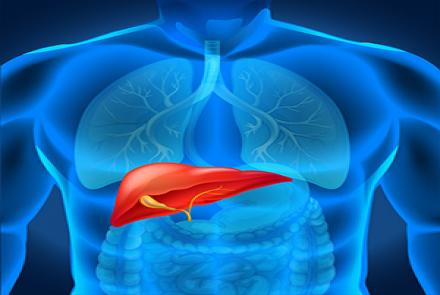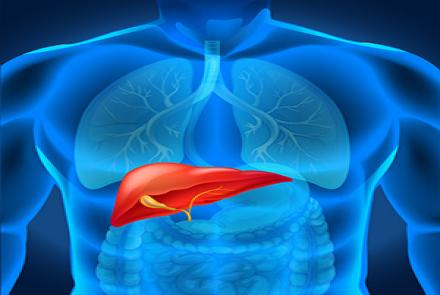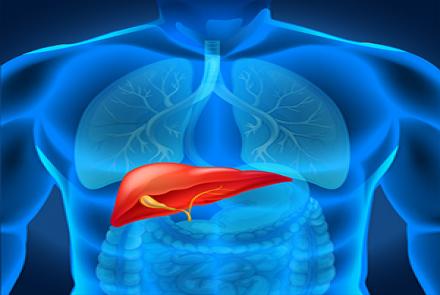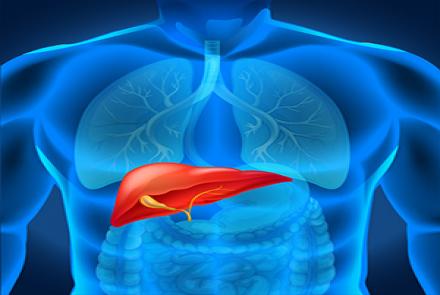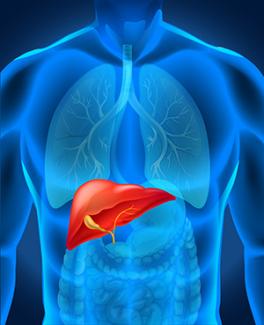
Chronic hepatitis is suspected when one has typical symptoms or signs and shows abnormally high liver enzymes on routine blood tests (which may be done for other reasons too). Blood tests are usually performed to determine proper function of the liver. Such tests and physical examination help establish or exclude the diagnosis, identify the cause, and also determine the severity of liver damage. Blood tests especially serological detection of Hepatitis antigens may then be done to identify which hepatitis virus is causing the chronic infection. If there no virus is identified, other blood tests are needed to rule out and check for other causes, such as autoimmune hepatitis.
Liver biopsy is essential to confirm the diagnosis, as it is gold standard. The liver biopsy also determines how severe the inflammation is and whether any scarring or cirrhosis has developed. The biopsy may help evaluate the cause of hepatitis too.
In patients with chronic hepatitis B, ultrasonography is done every 6 months to screen for liver cancer. Levels of alpha-fetoprotein-a protein normally produced by immature liver cells in fetuses may increase when liver cancer is present and is thus used as a screening marker for liver tumor. People with chronic hepatitis C are also screened regularly, if they are suspected to have liver cirrhosis.


